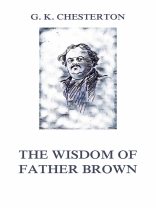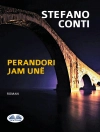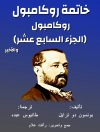The small Catholic priest at his best again! ‘The Wisdom of Father Brown’ is full of tales of crime and discovery, clues and false leads and all the rest of the thrilling material which will make any normal human being sit up and keep on sitting up long past the proper hour for bed. The stories deal with the different strata of society, from the ventriloquist (in a London lodging house, who was found tied and apparently gagged, but instead of being the victim of a supposed murderer, was simply interrupted in his secret practice of new tricks) to the mysterious death of a celebrated actress almost in the presence of her five suitors, and the death of a German prince in his forest. Each story is utterly different from the others and each is told with the author’s gift to create atmosphere and to keep the reader intensely entertained.
Over de auteur
English journalist and author, who came of a family of estate-agents, was born in London on the 29th of May 1874. He was educated at St Paul’s school, which he left in 1891 with the idea of studying art. But his natural bent was literary, and he devoted himself mainly to cultivating that means of expression, both in prose and verse; he did occasional reviewing, and had some experience in a publisher’s office. In 1900, having already produced a volume of clever poems, The Wild Knight, he definitely took to journalism as a career, and became a regular contributor of signed articles to the Liberal journals, the Speaker and Daily News. He established himself from the first as a writer with a distinct personality, combative to a swashbuckling degree, unconventional and dogmatic; and the republication of much of his work in a series of volumes (e.g. Twelve Types, Heretics, Orthodoxy), characterized by much acuteness of criticism, a pungent style, and the capacity of laying down the law with unflagging impetuosity and humour, enhanced his reputation. His powers as a writer are best shown in his studies of Browning (in the ‘English Men of Letters ‘ series) and of Dickens; but these were only rather more ambitious essays among a medley of characteristic utterances, ranging from fiction (including The Napoleon of Notting Hill) to fugitive verse, and from artistic criticism to discussions of ethics and religion.












